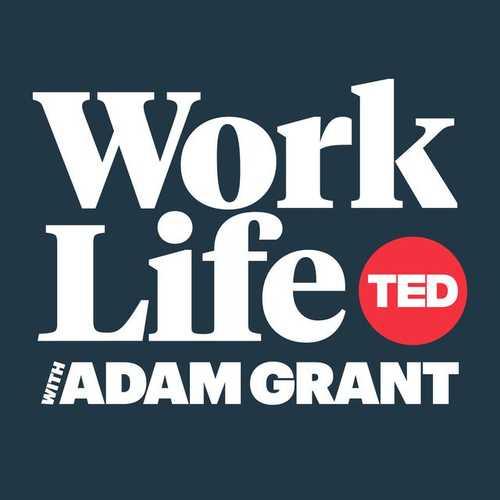Learn more about podcasts with this collection
How to write an effective resume
How to network and make connections
How to prepare for a job interview
The interview process is broken
Rigorous research across nearly a century suggests that if you try to rank the performance of a hundred candidates based on interviews, you'll be lucky if you get eight of them in the right spot. Job interviews are stuck in the past.
The failings of job interviews hurt all of us. Whether we're the ones asking the questions, or answering them. We have to explore how we can improve them. Not just to help interviewers make better hiring decisions, but to give job candidates a better chance to showcase their strengths.
269
1.58K reads
Faking it
Candidates try to tell interviewers what they want to hear. Actually faking is more common than lying. Faking is stretching the truth to enhance or protect your image, or to ingratiate yourself with the interviewer.
There's evidence that when college seniors interview for jobs, over 90 percent of them engage in faking.
Maybe people aren't honest because they feel they have to be a different version of themselves.
266
1.42K reads
Testing people's knowledge
If you're a skilled interviewer, you know you can get around people faking their expertise: by testing people's knowledge and skills. But many interviewers don't even know what kind of knowledge and skills they're looking for.
So they ask brain teasers, like, "How many paperclips would fill Yankee Stadium," or "How many elevators are there in America?" Those kinds of questions can stump candidates and make interviewers feel clever.
262
1.26K reads
Asking different questions to each candidate
One of the mistakes interviewers make is asking different questions to each candidate. That makes it impossible to compare apples to apples. You end up trying to contrast strawberries, bananas, and grapes.
The solution is a structured interview. In a structured interview, you identify the skills and values that are essential to the job and the team. You build a set of questions around those. And then you ask the same questions to every candidate and score their responses. You might think, "That sounds so robotic," but the evidence suggests that your accuracy will often double.
273
978 reads
Behavioral and situational questions
Structured interviews are based on two kinds of questions: behavioral and situational.
- Behavioral questions are generally, "Tell me about a time when you were in this situation and what you did."
- Situational questions are especially useful for forecasting potential, and for assessing leadership and interpersonal skills.
275
1.02K reads
Interviewer biases
No matter how good your questions are, you still pick up more noise than signal, and one of the most distracting noises is interviewer biases.
Interviewers make up their minds about who they're going to hire, if they like this candidate in front of them **data says in under 90 seconds**. And if you think of what happens in the first 90 seconds of a job interview, it's things like, physical attractiveness, height, eye contact, how straight your teeth are, what your voice sounds like, your gender, your race.
268
928 reads
The idea of "cultural fit"
These ideas of this cultural fit, "Do you fit with me?" often overwhelmed people's assessments of people's abilities to do the job.
The beneficial kind of cultural fit is not about who can swap lacrosse stories with you, or even who you're excited to hang out with. Want is similarity in core values, values like flexibility, or attention to detail. Sharing values tends to promote team cohesion, coordination and commitment, which enhances performance and retention.
256
900 reads
Even algorithms can be biased
The calculations may be run by computers, but they're based on data generated by humans, and there's plenty of evidence that computers often learn to discriminate against marginalized groups.
255
1.13K reads
The work sample
This is a relevant piece of work candidates have done, or one they do as part of the application process.
Work samples can be as simple as they are powerful. They can showcase the candidates' skills and values in real-time, in a concrete way that structured interviews and most algorithms can't.
258
912 reads
CURATED BY
More like this
Read & Learn
20x Faster
without
deepstash
with
deepstash
with
deepstash
Access to 200,000+ ideas
—
Access to the mobile app
—
Unlimited idea saving & library
—
—
Unlimited history
—
—
Unlimited listening to ideas
—
—
Downloading & offline access
—
—
Personalized recommendations
—
—
Supercharge your mind with one idea per day
Enter your email and spend 1 minute every day to learn something new.
I agree to receive email updates

